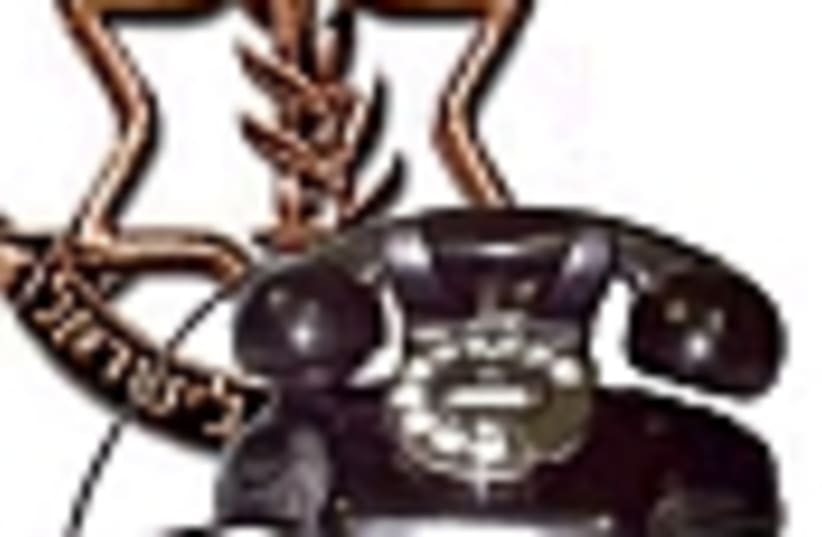| More about: | Menachem Begin, Yoram Aridor, Amir Peretz, Kiryat Gat |
Emcees with epaulets
To call our television news too biased these days is about as novel an observation as calling Israeli wedding music too loud.


| More about: | Menachem Begin, Yoram Aridor, Amir Peretz, Kiryat Gat |